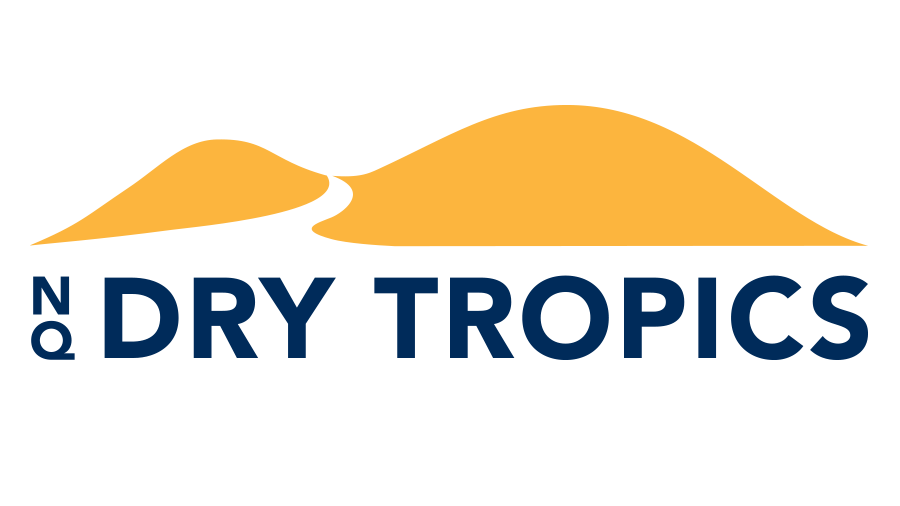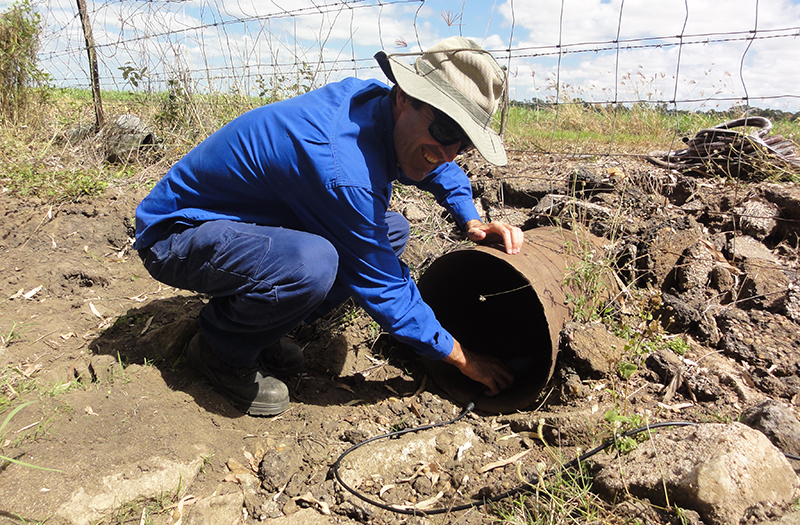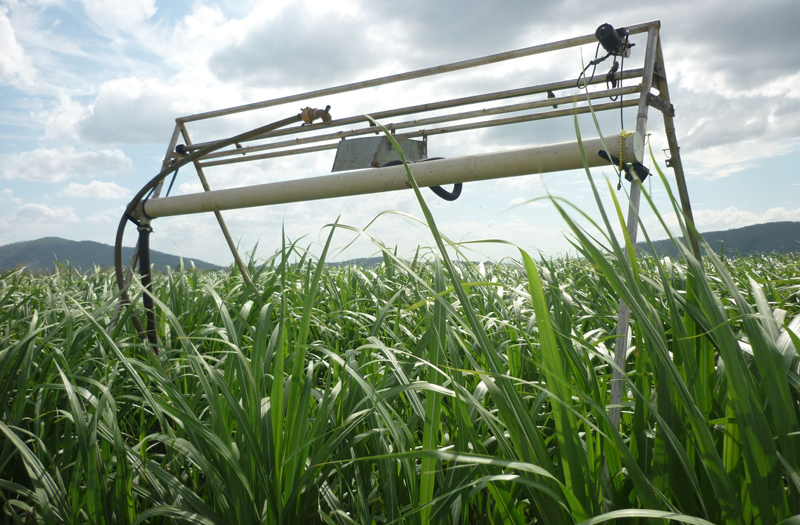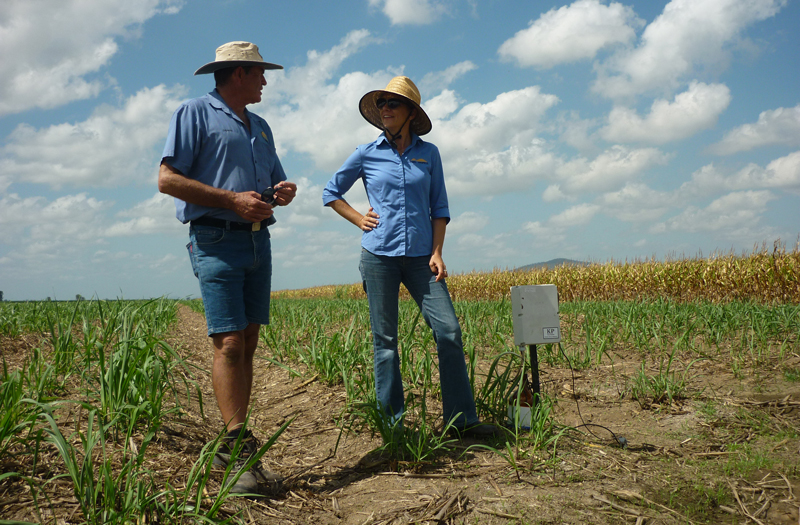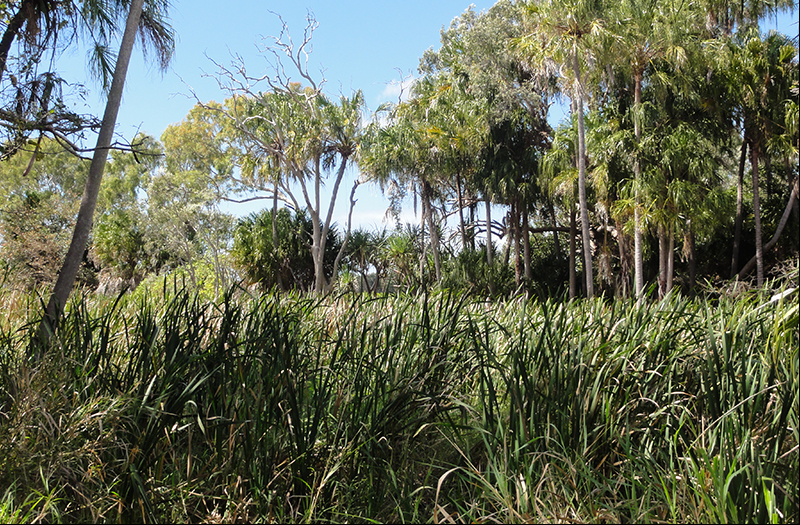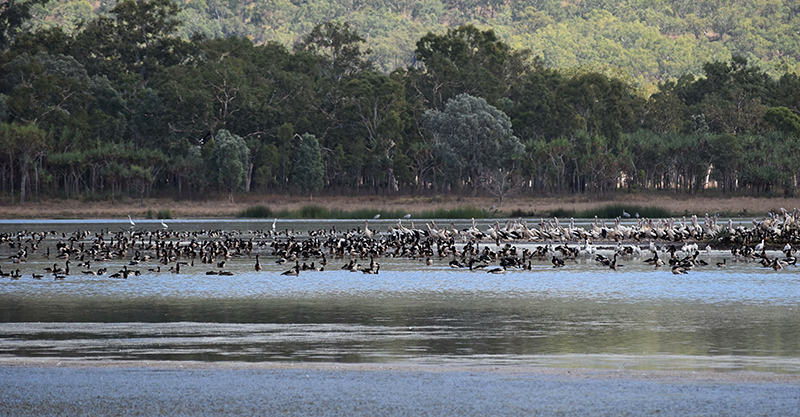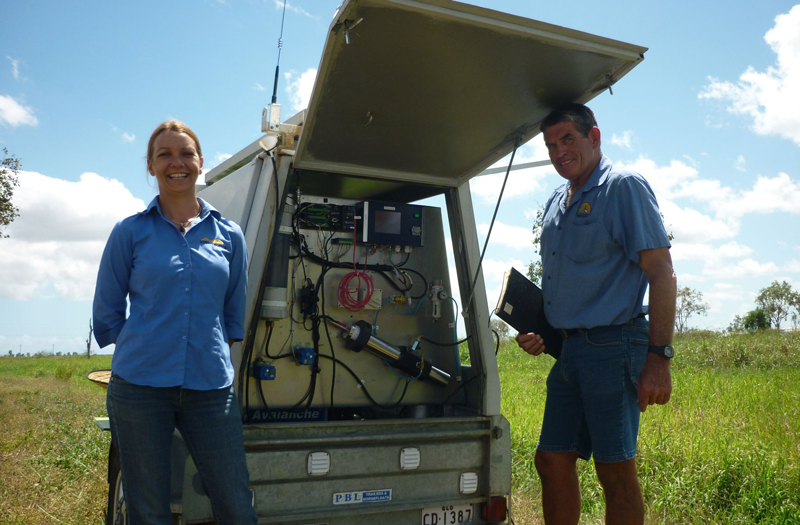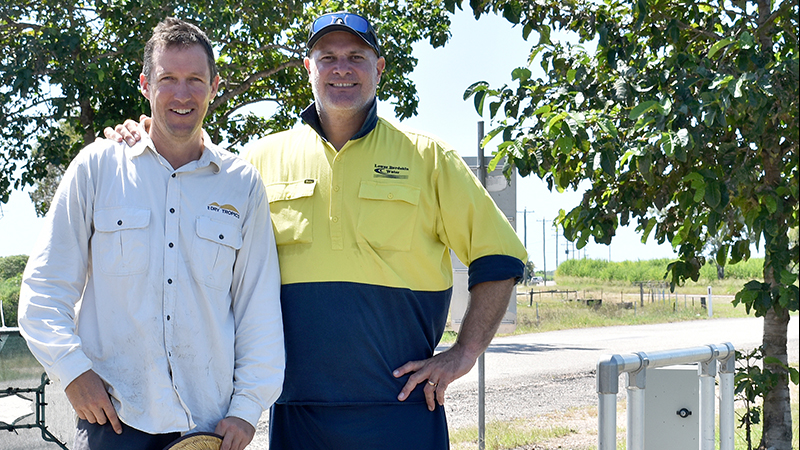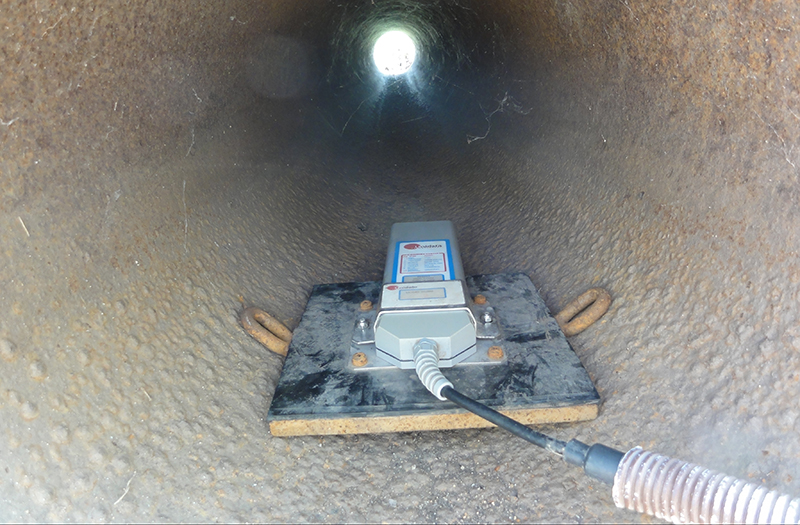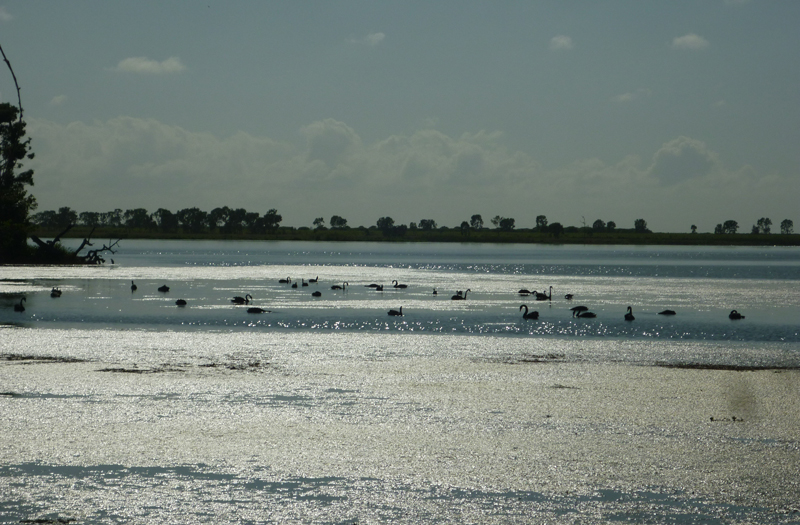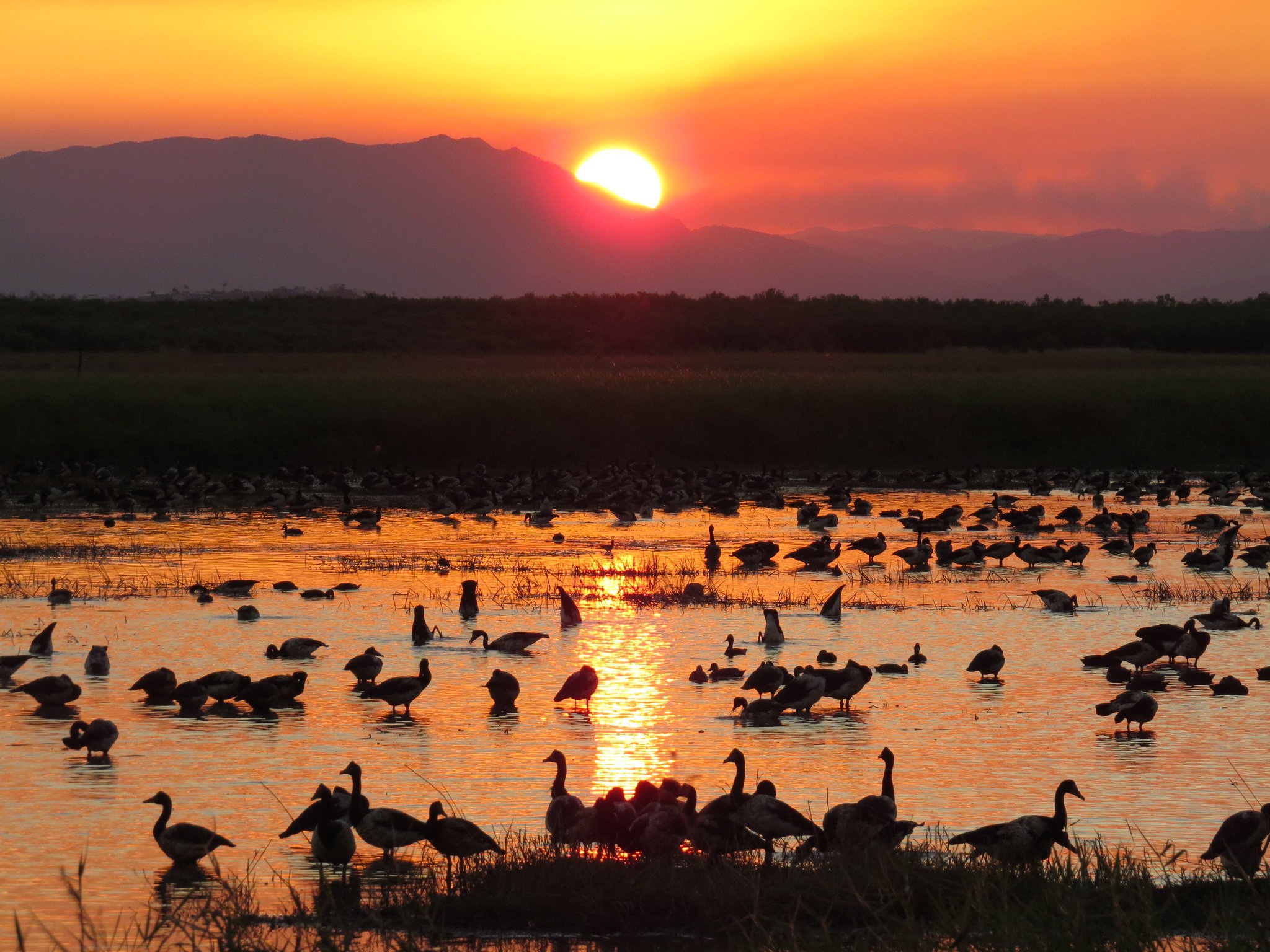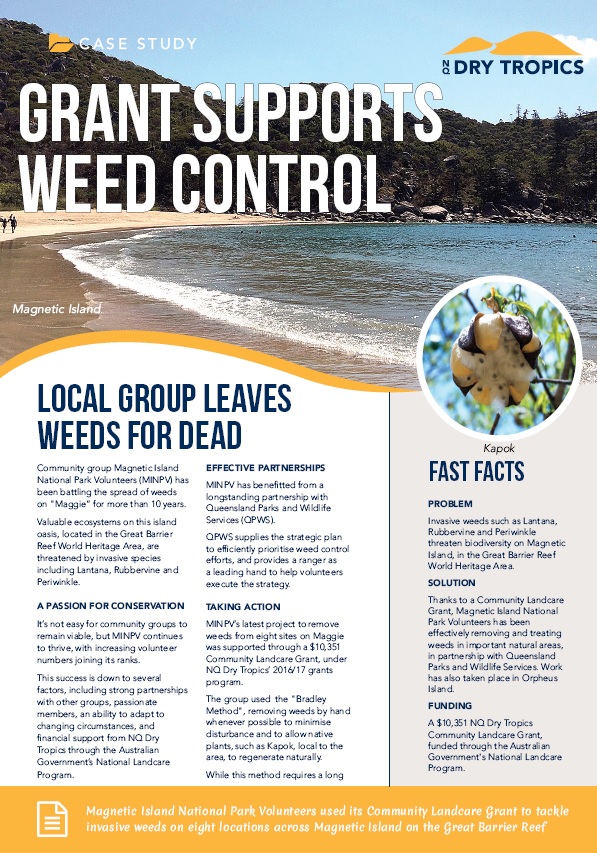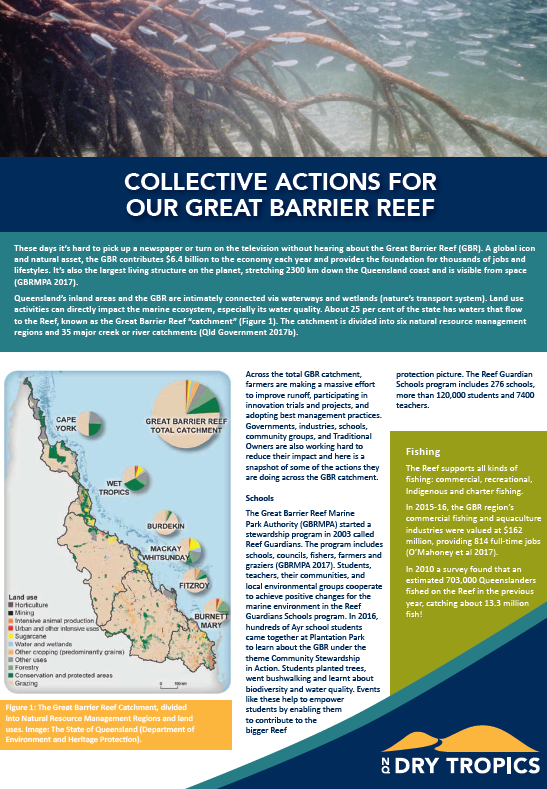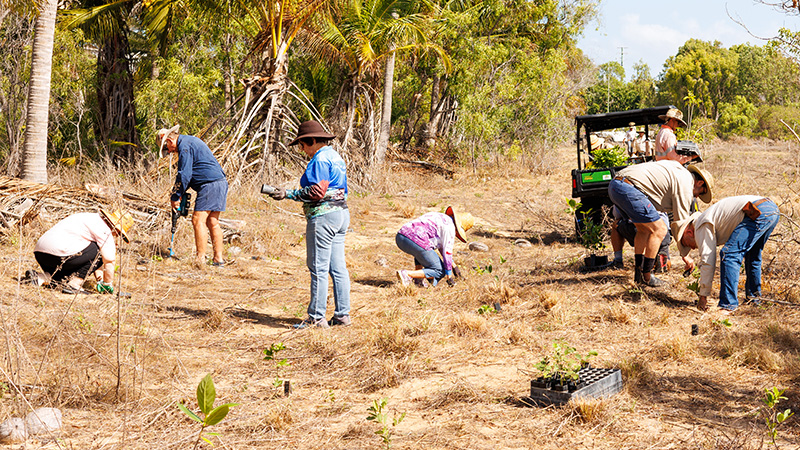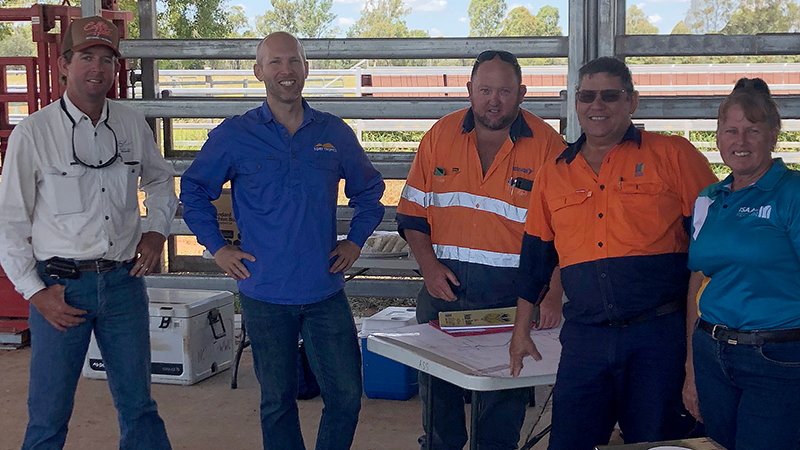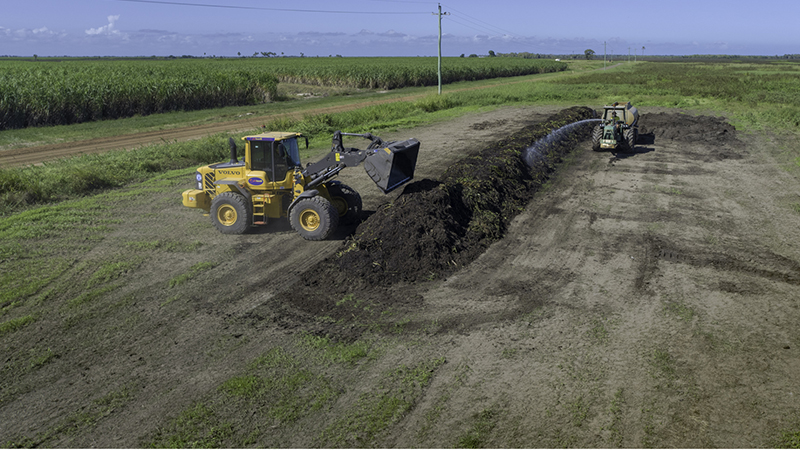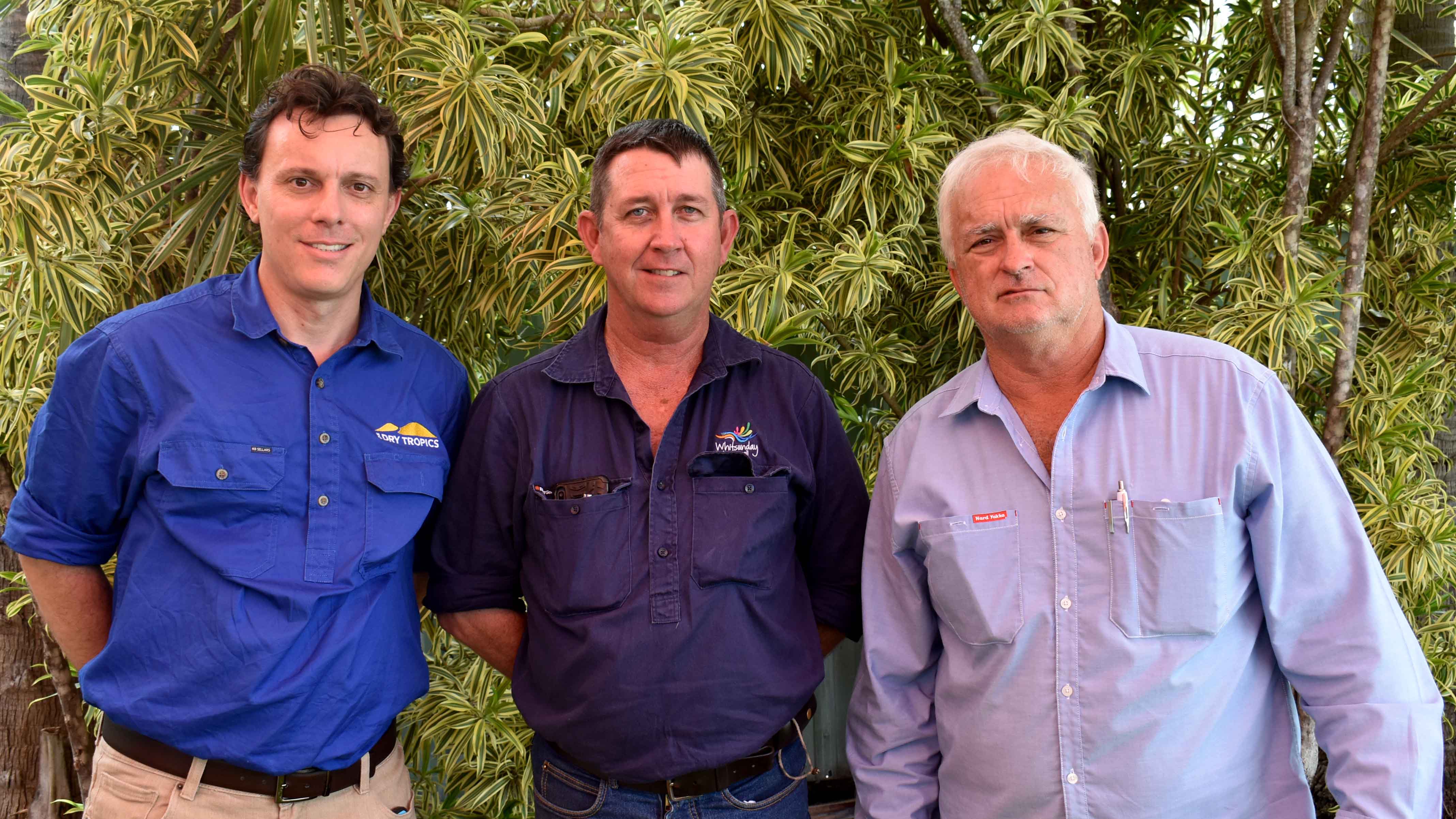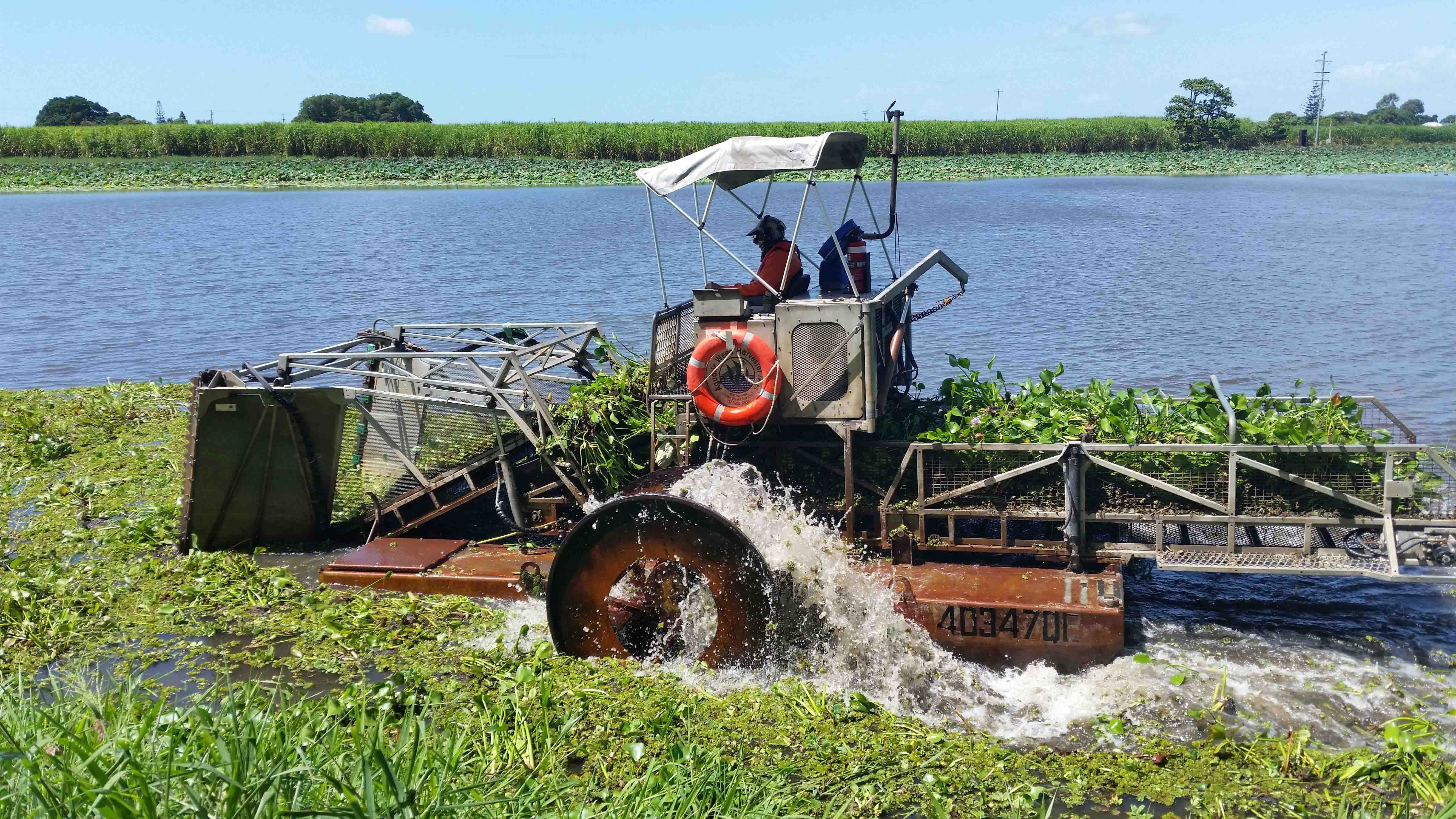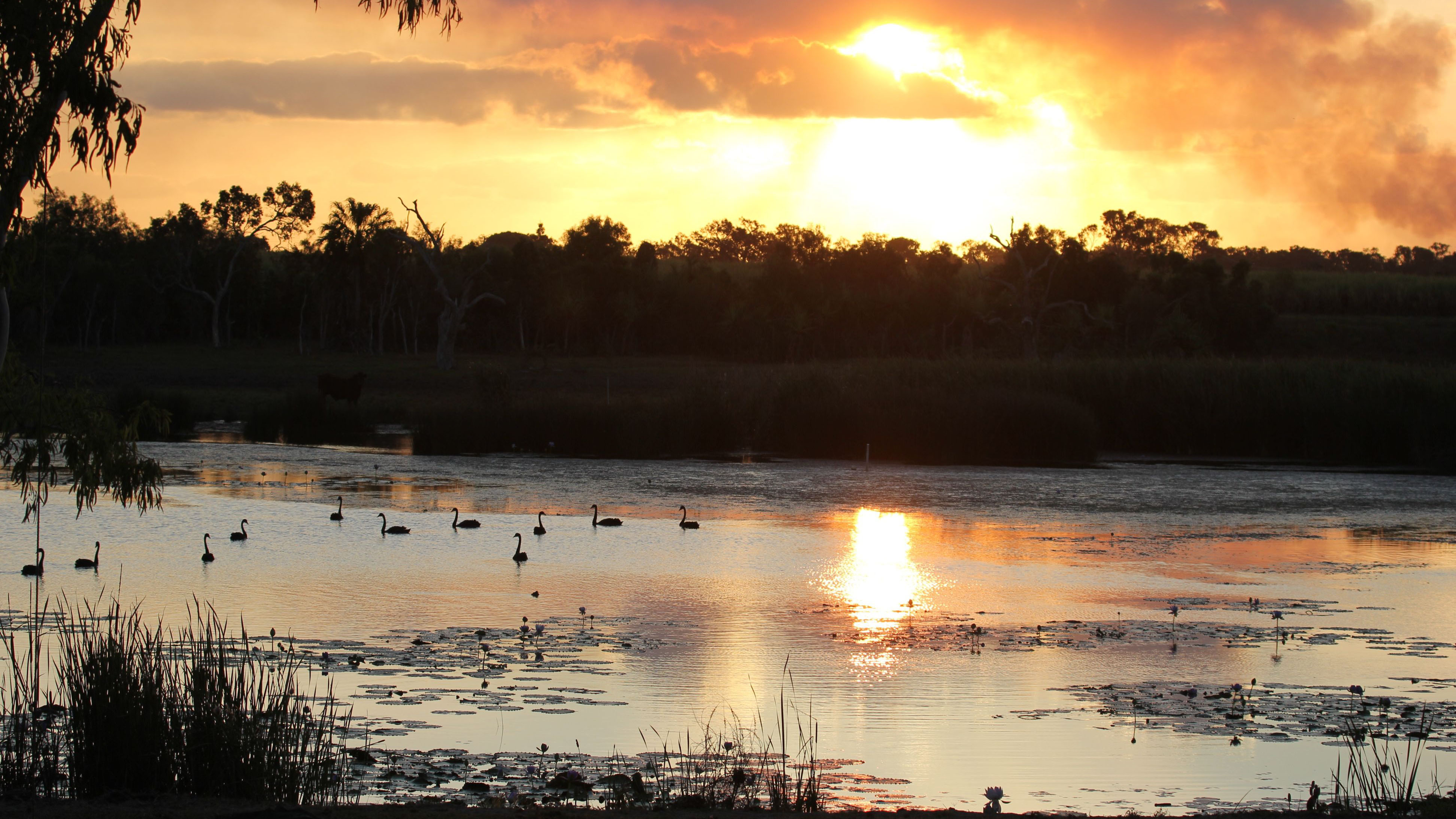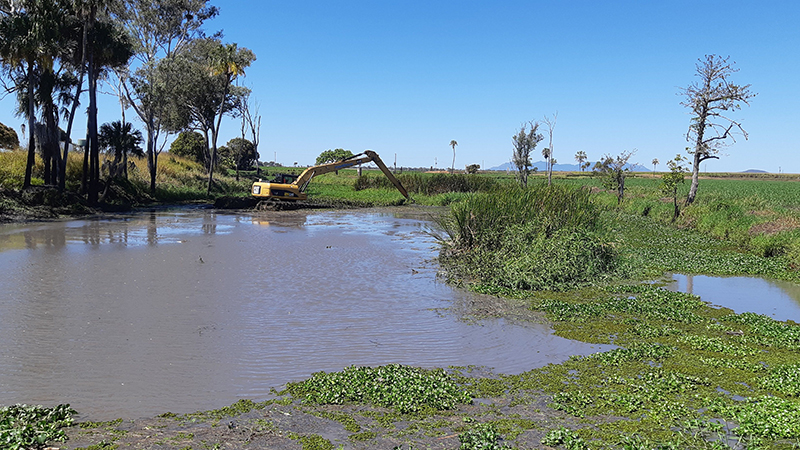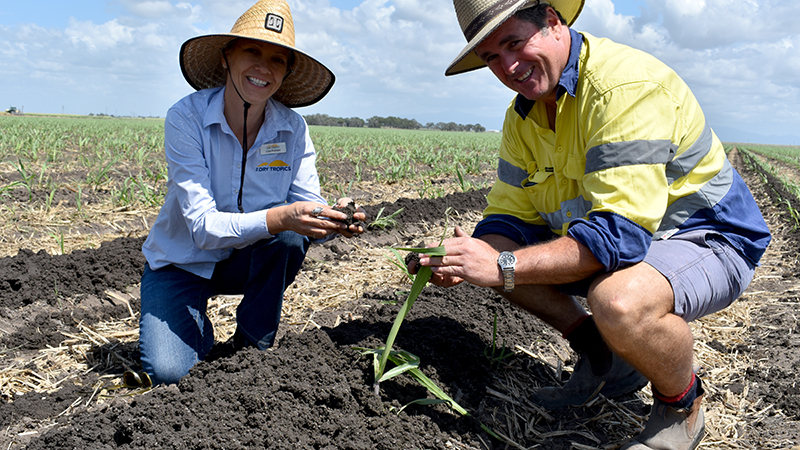Waterways, Wetlands and Coasts
We work with a range of partners to ensure waterways, wetlands and coastal areas in our region are resilient, healthy, sustainably managed, and enjoyed and respected by communities.
Our coastal waterways support industries such as fishing and tourism, provide food and habitat for marine and terrestrial life; and contribute to improved water quality by filtering nutrients and chemicals from runoff. When these habitats are in poor condition, it directly impacts the survival, growth and ability to breed of many species that live and migrate in the coastal zone, and the Great Barrier Reef (GBR).
Our Waterways, Wetlands and Coasts program:
- works with government, industries, community groups and land managers to deliver projects that protect, conserve and rehabilitate coastal ecosystems;
- supports the community to deliver projects, learn skills, access grants, and better understand how farming practices impact wetlands; and
- monitors how land use changes affect water quality.
Our work focuses on the following themes:
- Connectivity between land, waterways, wetlands, coasts, and the Great Barrier Reef
- Fish passage
- Water quality
- Wetland seasonality (for example, helping to ensure they dry down naturally during the dry season)
- Riparian vegetation
Reducing Fine Sediment By Maintaining and Restoring Burdekin Stream Banks and Coastal Wetlands (2018-2022)
The Burdekin catchment is the largest contributor of fine sediment to the Great Barrier Reef (GBR). Much of this is caused by erosion from grazing lands and stream banks entering the Burdekin River, where it is either deposited in the channel, on the floodplain, or transported out to sea. Fine sediment is a problem because it makes water turbid, reducing the amount of light that seagrasses and corals need to grow and thrive.
This project aims to reduce the impacts of fine sediment on water quality from the Burdekin catchment.
Restoration of the Ramsar Wetlands of Bowling Green Bay Catchment (2019-2023)
The Bowling Green Bay wetlands are a jewel in the lower Burdekin’s crown, and listed as internationally important under the Ramsar Convention on Wetlands. This four-year project aims to reduce the threats to the Bowling Green Bay Ramsar site, adjacent coastline and adjoining creek catchments.
Connecting Burdekin Cane Farmers to their local wetlands (2016-2019)
NQ Dry Tropics is working with our project partner Burdekin Bowen Integrated Floodplain Management Advisory Committee Inc. (BBIFMAC) to combine on-farm water quality and quantity monitoring and extension with wetland monitoring. The project aims to improve the health of the lagoons while improving cane farmers’ productivity and profit.
It is based at two demonstration sites, Horseshoe Lagoon, in the Burdekin River Irrigation Area and Lilliesmere Lagoon, in the Burdekin Delta Area. Both sites are downstream of cane farms and upstream of the internationally-renowned wetlands of Bowling Green Bay, and the Great Barrier Reef.
Restoring Burdekin Coastal Ecosystems for the Great Barrier Reef and Ramsar 2014-2018
The project was a collaboration between NQ Dry Tropics, Lower Burdekin Water and the Burdekin Shire Council to strategically restore ecological function to priority wetlands and waterways within the operational area of Lower Burdekin Water. The long term objective was to reinstate natural seasonality of the water flow, or occasionally ‘dry’ wetlands out, to control invasive weed species.
Improving Coastal Wetland Ecosystems Through Improved Understanding of Best Irrigation Management Practice in the Lower Burdekin. (Landscape Resilience 2017-2018)
This Landscape Resilience project built on the successes of previous Landscape Resilience projects (2013-2016 and 2016-2017).
Since 2013, these projects have provided 69 cane farmers in the Lower Burdekin with individualised, real-time irrigation runoff data, which can support them to improve their farming practices.
Engaging and Strengthening Communities 2014-2018
This project successfully worked with community groups and individuals to increase their participation in natural resource management (NRM) activities. A tailored strengthening project built skills, enhanced knowledge and increased voluntary activity in the community, including among Indigenous people, women, and young people within our region. A Community Landcare Grants program worth a total of $460,000 supported community groups to deliver 52 projects that restored a combined 448ha of native vegetation, removed weeds from 510ha of bushland, and removed more than eight tonnes of marine debris across 390ha.
Restoring seasonality for landscape resilience in the important sugar production area of the Lower Burdekin Delta (Landscape Resilience 2013-2016)
The now completed Landscape Resilience project (2013-2016), funded through the Queensland government, aimed to take the message to growers in the region that the wetlands are in trouble and there’s something we can do to fix them. Many people in the region see the prosperity that irrigation water from the Burdekin Falls Dam has brought and see the extra water in the wetlands all year round as a good thing; wetlands need water, so the more water the better. It seems like common sense. Problems caused by this year-round supply of water, however, can be seen in wetlands across the Burdekin.
Improving Coastal Wetland Ecosystems Through Improved Understanding of Best Irrigation Management Practice in the Lower Burdekin (Landscape Resilience 2016-2017)
Improving Coastal Wetland Ecosystems Through Improved Understanding of Best Irrigation Management Practice in the Lower Burdekin (Landscape Resilience) built on the success of the previous Landscape Resilience project (2013-2016), which supported 65 cane farmers with information on their water and nutrient use, and the connection between their farms and local wetlands.
The project was centered around Horseshoe Lagoon. NQ Dry Tropics continued to work with our project partner, Burdekin Bowen Integrated Floodplain Management Advisory Committee Inc. (BBIFMAC), along with cane farmers, SunWater and Burdekin Shire Council.
Community Landcare Grants 2016/2017
NQ Dry Tropics provided over $100,000 in 2016-2017 for community groups in the Burdekin Dry Tropics region to deliver on ground works that protect and rehabilitate priority natural areas. NQ Dry Tropics managed these grants, which were funded through the Australian Government’s National Landcare Programme.
Videos
World Wetland Day – February 2nd
World Wetlands Day is celebrated internationally each year on 2 February. It marks the anniversary of the signing of the Ramsar Convention in Ramsar, Iran, on 2 February 1971.
Laura Dunstan and Scott Fry from our Waterways, Wetlands and Coasts team are members of the Lower Burdekin Wetland Steering Committee, which produced this great short film about the Papale family in the Lower Burdekin. The Papales turned an unproductive area of their cane farm into a thriving wetland, and they believe that farming systems and the environment can live hand in hand.
The film was funded by the Queensland Wetlands Program and produced in conjunction with Dr Ian McLeod, Senior Research Scientist at TropWater, James Cook University.
For more information on the film or the Lower Burdekin Wetland Steering Committee, please contact Terri Buono, Department of Agriculture and Fisheries, on 3330 4509 or Email: terri.buono@daf.qld.gov.au
